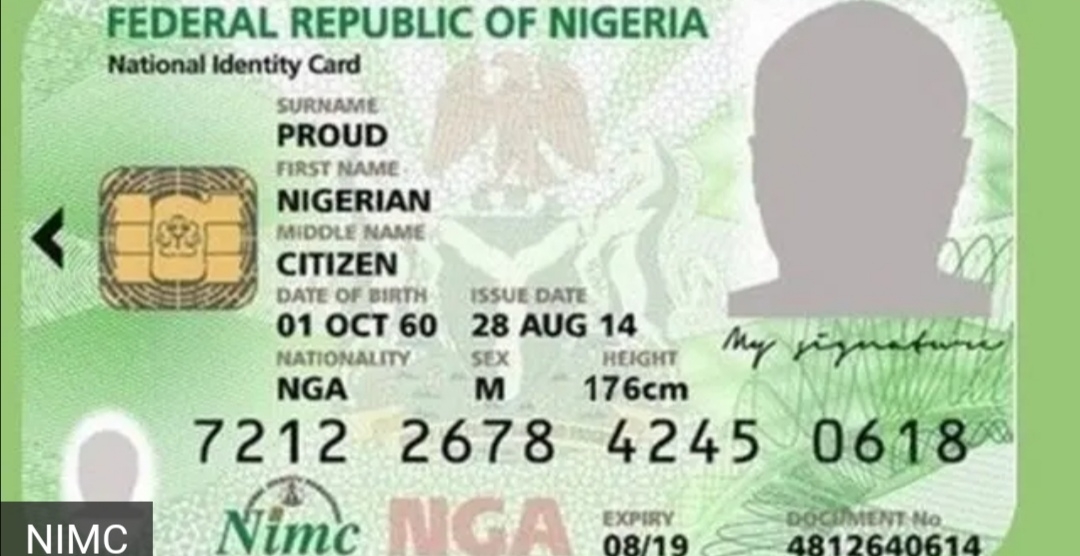By Yiro Abari
 |
| Whispering Trees |
The Whispering Trees is a collection of short stories by
Abubakar Adam Ibrahim, a Caine Price nominee for 2013. The short story,
Whispering Trees, from which the book draws its title, is what interest me the
most and for which I am writing this review.
Before now, my impression of the Whispering Trees had been
that it is a story of a love affair with a premature ending, brought about by an auto
crash that blinded Salim, the young man in the relationship and who happens to
be the main character. Having read the story however, I got to understand that
the love affair is actually a prelude to the nucleus of the story: Salim’s
unusual ability to travel into the metaphysical territory to communicate with
souls of organisms, flora and fauna. Salim finds astonishing conditioning by
sitting in the midst of melody-making trees, whispering trees, which bestow in
him the power to travel across the spiritual border separating the dead and the
living. Acting as an emissary, he is thus able to link the dead with relations
they left behind. The dead find peace by taking care of unfinished business
while the living find their own peace by knowing their dead relations will
henceforth rest in peace, having taken care of previously unfinished
businesses.
In narrating the story, the author uses the same medium to
paint, albeit briefly, a photo of the traditions and beliefs of one from a
trilogy of Nigeria’s big tribes, Hausas, but also not failing to brush over the
irony of dishonesty in the ranks of Nigeria’s premier correctional institution.
The Whispering Trees also demonstrates the role of
literature as a channel of information and moral teaching. As a student of
geology years back, I was taught that it is frustrating to try to use
traditional means of measurement to gauge long distances while in the field.
The use of footsteps was recommended. A normal pace of mine was about a meter
and half. I used this but remained doubtful of its accuracy until I read the Whispering Trees. In the Whispering Trees, blind Salim is able reach locations
around the house, having known, from experience, exactly the number of paces it
takes to reach them. Initially, Salim wouldn’t accept his new fate as a disable
person and so fights but loses, gets frustrated and finally accepts his
physical demerit. Eventually his new condition lets him to make new discoveries
that teach him that happiness lies, not in getting what you want, but in
wanting what you have.
The Caine Price for
which the Whispering Trees was nominated this year, lead the author from a
valley where he was largely unseen and unknown to the crest of a hill where
Africa and, perhaps, the world was able to know him. Since then I have traced
his tracks and learnt that he is a previous winner of the BBC African
Performance Prize. The judges said “his ability to go into the mind of a
child”, a character in the fiction, was the reason why he was awarded the prize.
The Whispering Tree represents yet another expose of his unusual ability to
read the mind of his characters. This time he demonstrated the mind-boggling
ability to read, like an sms, the minds of the dead. Kai!
Literature is
written work for which the aesthetic of writing is played up remarkably. To
lovers of African literature, the author conveys a lot of literature in this
anthology (by my extrapolation) and promises much more in future.
People talk about
the weakness of the Whispering Trees that led to its inability to clinch the
Caine Prize. The say that while the Caine Prize is attracted by stories whose
themes address major concerns on the continent, The Whispering Trees dwelt on
an African frivolity. These critics seem to have forgotten that the major
concern of Africa is to get rid of vanity, the bedrock of the senseless power
struggle that has wounded Africa and, perhaps, frustrated its healing. African leaders need to learn that happiness
lies, not in getting what you want, but in wanting what you have.











